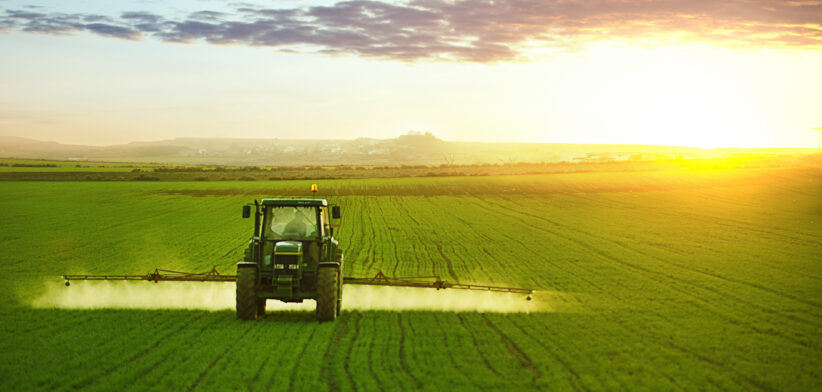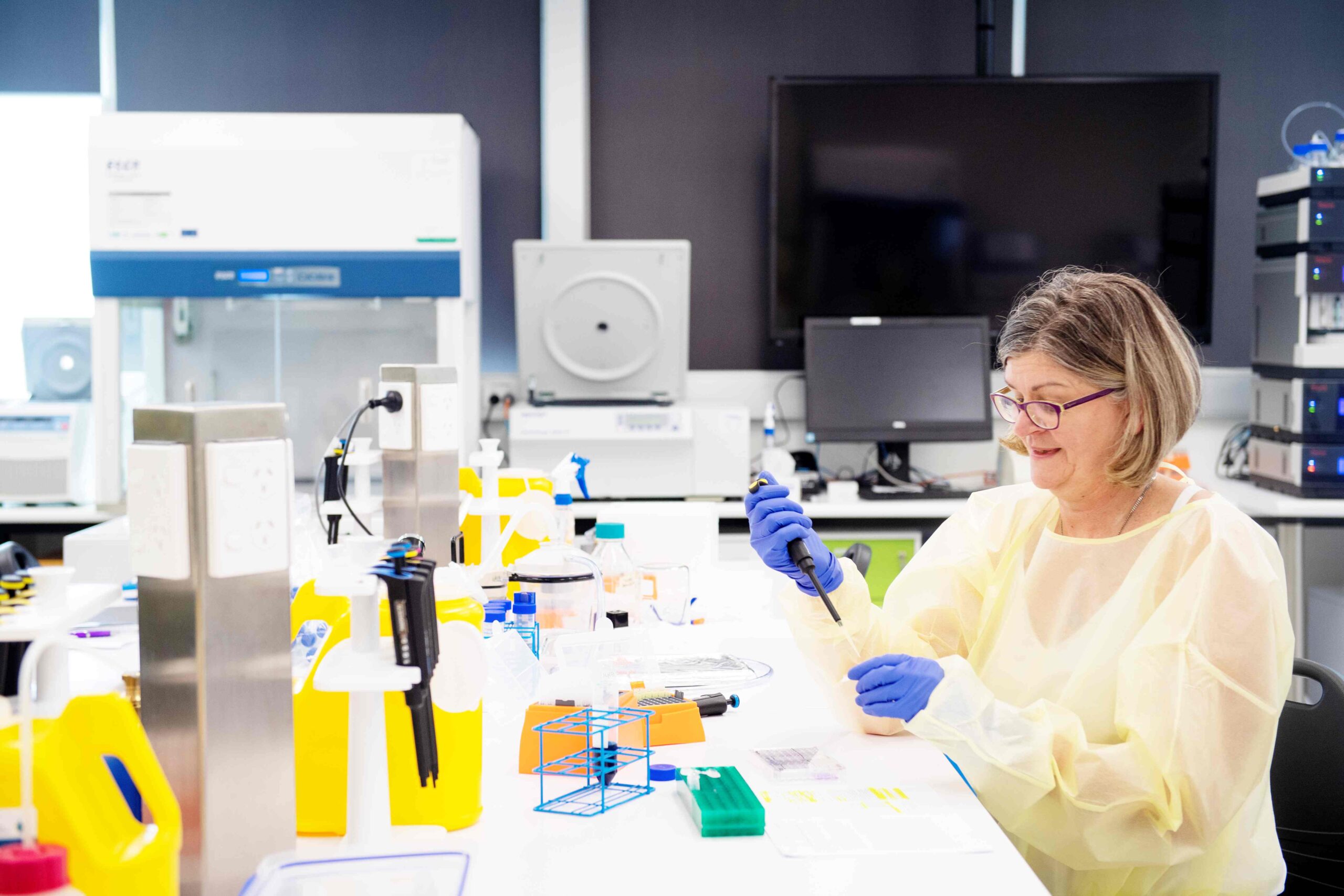Emissions of nitrous oxide, a greenhouse gas regarded as more potent than carbon dioxide or methane, have continued to rise over the past 40 years, a global study has found.
The study, which involved nearly 60 researchers around the world as part of the Global Carbon Project, found that 10 million metric tons of nitrous oxides flowed into the atmosphere in 2020.
“Agricultural emissions reached eight million metric tons in 2020, a 67 percent increase from the 4.8 million metric tons released in 1980,” the study lead institute Boston College said in a report on the research.
Among the researchers contributing to the report – Global Nitrous Oxide Budget 2024 – was Dr Judith Rosentreter from Australia’s Southern Cross University.
She said the findings were concerning.
“We live in an era when greenhouse gas emissions must decline to reduce global warming,” said Dr Rosentreter.
“We are alarmed to see that the growth rates of atmospheric nitrous oxide in 2021 and 2022 were more than 30 percent higher than the average rate of increase in the previous decade.”
The study published this month in the Earth System Science Data journal found that agricultural production accounted for 74 percent of human-driven nitrous oxide (N2O) emissions in the 2010s.
This was mainly due to the use of commercial fertilisers and animal waste on croplands.
Excess nitrogen contributes to soil, water, and air pollution. In the atmosphere, it depletes the ozone layer, and exacerbates climate change.
Hanqin Tian, the director of the Boston College Center for Earth System Science and Global Sustainability at the Schiller Institute for Integrated Science and Society said nitrous oxide emissions from human activities must decline to limit global temperature rises.
“Reducing nitrous oxide emissions is the only solution since at this point no technologies exist that can remove nitrous oxide from the atmosphere,” Professor Tian said in the Boston College report.
“This (nitrous oxide) emission increase is taking place when global greenhouse gasses should be rapidly declining towards net zero emissions if we have any chances to avoid the worst effects of climate change.”
More details are on the Southern Cross University website.








